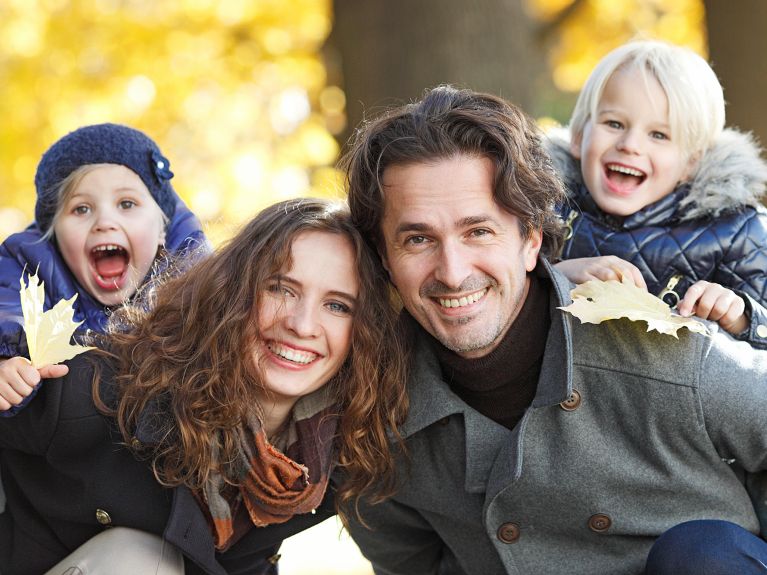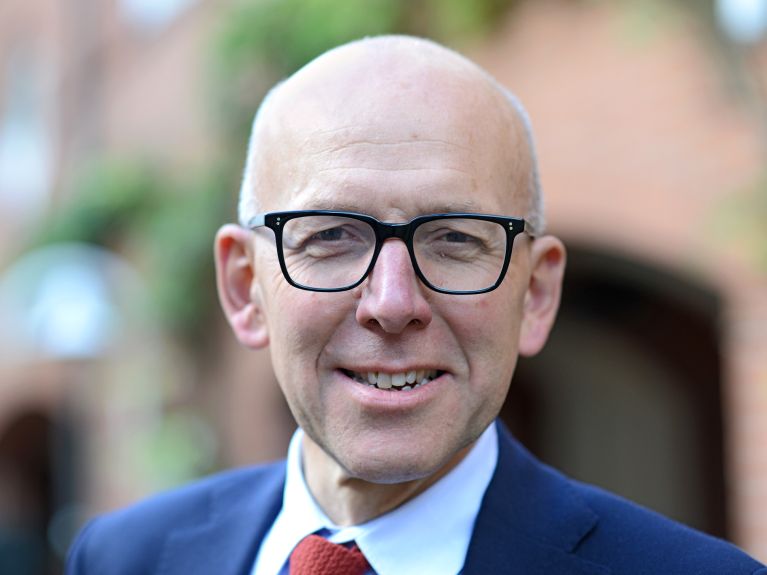What’s the mood in the country
Between political insecurity and economic boom – a sociologist investigates what is worrying people in Germany.

Germany. Heinz Bude is a leading German sociologist. Here is his assessment of the mood in the days of a difficult government formation process.
Professor Bude, in your recent book The Mood of the World, you write that moods determine how we perceive the world. What is the mood like in Germany?
As far as the personal situation is concerned, most people are content and some are even very content. But on the whole, these contented people are rather worried. Will we end up with something like the suburbs in France because of the refugee influx? Will the despisers of party democracy gain in strength? Will Germany still to be as economically strong in the future as it is today? This contradiction between contentment and concern is resulting in a tense and irritable mood.

We have been waiting for the formation of a new Federal Government since the parliamentary election on 24 September 2017. Why are the major parties experiencing such difficulties?
Because we are clearly coming to the end of an era of political moderation and there is an element of uncertainty on all sides as to which projects can give the country a fresh impetus.
Germany’s economy is booming, but the country is feeling politically paralyzed.
The population is simply accepting things. Have people given up on politics?
No. They’re in a state of alert. There’s a willingness to become involved and committed, but it’s not being addressed politically at the moment.
At the same time Germany currently has record employment levels.
That’s true. Economically the country is running full blast, but politically it is feeling numbed.
You once said that in 1989 the belief in the state faded alongside the fall of communism, and in 2008 the belief in the market declined alongside the financial and economic crisis. Which way are things going now?
There’s a tendency to underestimate how deeply the financial and economic crisis of 2008 affected people. Many have no faith in the state or the market. The social market economy is a promise in which the majority would like to believe, but cannot.
Are these specifically German phenomena? Or can you see parallels in other democratic countries?
Very little of this is specifically German. The west as a whole is going through some fundamental rearrangements. What would inclusive economic growth look like that, as far as possible, takes everyone along with it? Which forms of social security promote personal responsibility without betraying society’s responsibility as a whole? Which role is Europe playing in a changing world? The USA is still the strongest military power in the world, but China will soon be superseding the USA as the world’s largest domestic market, and in the post-colonial constellation new powers with different religions are entering the stage. In this situation Germany is playing an entirely different role for which the country has not prepared itself at all.
Interview: Martin Orth
